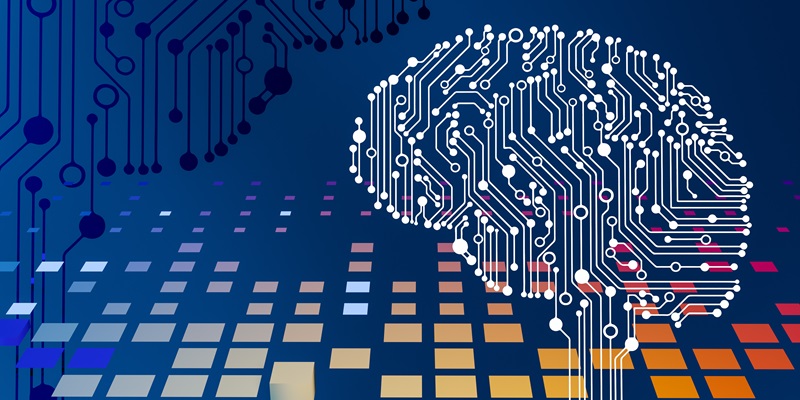In a groundbreaking collaboration, Dell and Hugging Face have joined forces to simplify the on-premises deployment of large language models (LLMs) and empower enterprises with the ability to utilize this cutting-edge technology to its fullest potential. This partnership aims to address the challenges faced by organizations in adopting generative AI, including complexity, closed ecosystems, time-to-value, vendor reliability and support, as well as ROI and cost management. By creating a dedicated Dell portal on the Hugging Face platform, customized containers, scripts, and technical documentation will be provided for seamless deployment of open-source models on Dell’s servers and data storage systems.
Creating a Dell Portal on Hugging Face Platform
To facilitate the effortless deployment of open-source models, Dell will establish a dedicated portal on the Hugging Face platform. This portal will offer custom containers, scripts, and technical documents specifically tailored to Dell servers and data storage systems. Initially, the service will be available for Dell PowerEdge servers, with plans to expand its reach to other Dell workstation tools such as Precision. This expansive offering seeks to provide enterprises with a comprehensive solution for deploying LLMs on their on-premises infrastructure.
Dell’s Aim to Lead in Generative AI
As an industry leader in technology solutions, Dell is committed to leading the way in the realm of generative AI. Recognizing the immense potential of LLMs, Dell has recently expanded its gen AI portfolio to include model customization, tuning, and deployment. The partnership with Hugging Face is a testament to Dell’s commitment to providing enterprises with the tools and expertise needed to harness the power of generative AI effectively.
Challenges in Adopting Generative AI
While the benefits of generative AI are undeniable, organizations face several challenges when incorporating it into their systems. Complexity is a significant hurdle, as integrating LLMs requires intricate technical knowledge and expertise. Closed ecosystems pose another challenge, limiting compatibility and interoperability across various platforms. Additionally, time-to-value, vendor reliability and support, as well as ROI and cost management, are crucial considerations that enterprises often grapple with when adopting generative AI.
Preference for On-Prem or Hybrid Implementations
Through extensive research, Dell has discovered that enterprises overwhelmingly prefer on-premises or hybrid implementations when it comes to generative AI, particularly when dealing with sensitive intellectual property (IP) assets. The choice to deploy LLMs in-house or within a hybrid environment allows organizations to maintain greater control over their data, ensuring the utmost security and privacy.
Features of the Dell Hugging Face Portal
The newly created Dell Hugging Face portal offers a wealth of features designed to simplify the process of deploying LLMs. Curated model sets have been meticulously selected based on their performance, accuracy, use cases, and licenses. This enables companies to choose the model that best aligns with their specific requirements. Moreover, the portal allows for the selection of the desired Dell configuration, ensuring seamless integration within the company’s infrastructure.
Dell’s Unique Ability to Tune Models “Top to Bottom”
One of the key differentiators in Dell’s offering is its ability to tune models “top to bottom.” This means that Dell can quickly deploy and customize the best configuration for a given model or framework, providing enterprises with an optimal setup. By fine-tuning LLMs, Dell ensures that companies extract the maximum value from their investments, enhancing performance and unlocking the full potential of generative AI.
Simplifying the Fine-Tuning Process
Recognizing the complexities involved in fine-tuning LLMs, Dell aims to further simplify this process. The company provides a containerized tool based on parameter-efficient techniques, enabling businesses to customize models for their specific use cases. This streamlined approach not only saves time and resources but also ensures that enterprises can tailor LLMs to meet their unique business needs.
The partnership between Dell and Hugging Face marks a significant milestone in the adoption of generative AI by enterprises. Through the creation of a dedicated portal on the Hugging Face platform, Dell empowers organizations to streamline the on-premises deployment of customized large language models. By offering curated model sets, customizable Dell configurations, and a simplified fine-tuning process, Dell enables enterprises to optimize the usage of generative AI technology. With a focus on addressing the challenges faced by organizations, Dell’s commitment to providing exceptional support and expertise will undoubtedly propel the broader adoption of LLMs and further enhance its position as a leader in generative AI.

